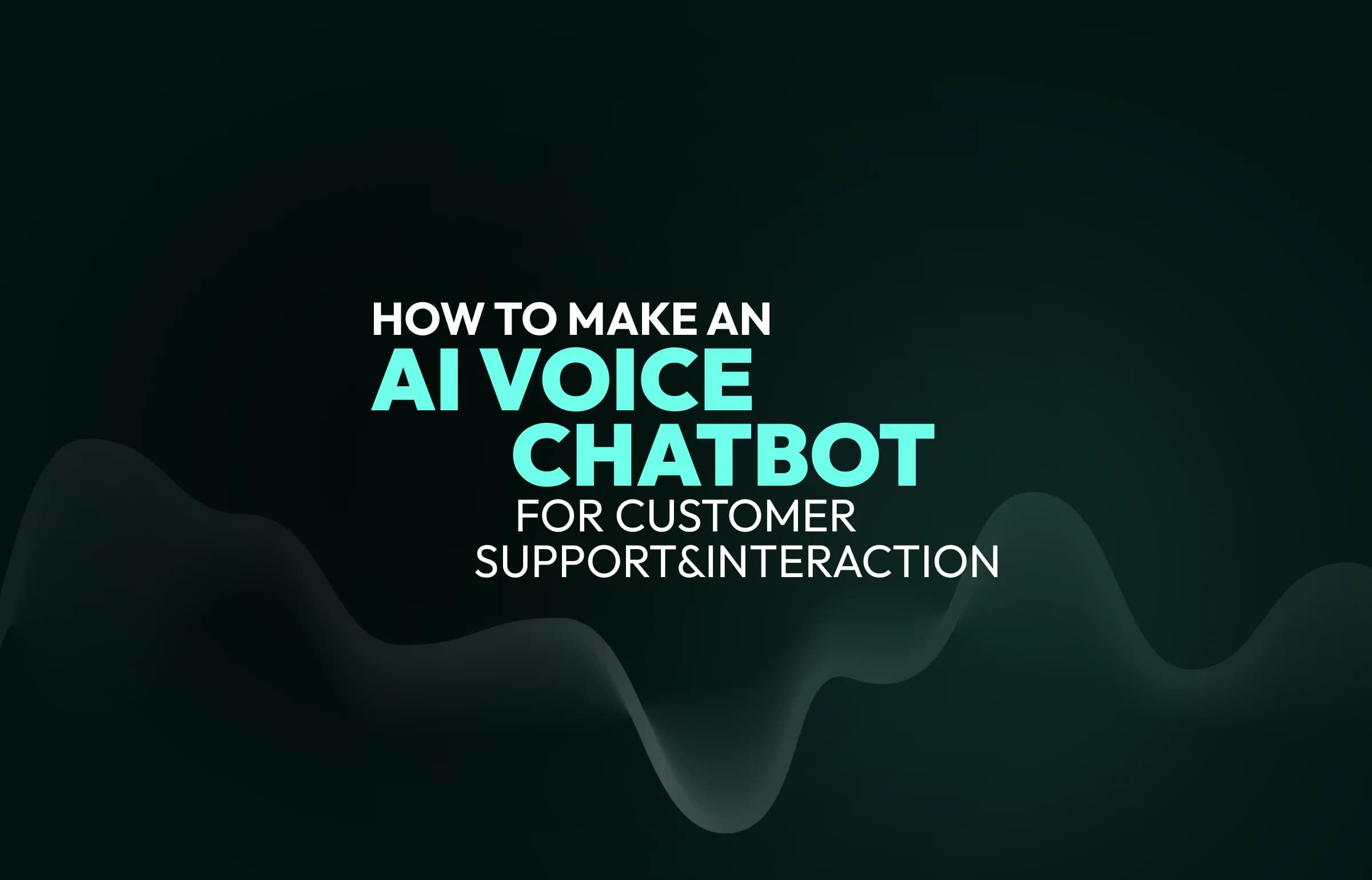
All PROJECT MANAGEMENT TOOLS: DISCIPLINE YOUR STARTUP!
Updated:April 28, 20258 min read
For your startup, you’ll need automated project management tools to save yourself some time for more important things.
To track or not to track… Out of the question!
Startup setting is a daunting task not only because of the lack of funding, risks and market competition. It is quite hard to track the process of its development. Only imagine: you need to build a team consisting of at least 6 people who will perform tasks every day. These tasks will differ from one another not only in nature but in the duration, priority, and difficulty. So, you won’t be able to pay attention to all of it just with your pen and a notebook.
For your startup, you’ll need automated project management tools. Why? To save yourself some time for more important things like looking for investors, developing new and better features and improved user experience. In other words, it is necessary to improve your effectiveness and the team’s focus on their work. These tools visualize the plans, track the emerging issues, remind about the deadlines and even indicate if someone overworked. So, the main criteria for the perfect app would be the following:
1) user-friendly design and easy-to-understand structure (so that your team wouldn’t waste time trying to figure out what on the world it all means)
2) issue-tracking and assessing risks;
3) having an Agile methodology dashboard;
4) with a general set of features;
5) mobile-friendly.
Here, we gathered the necessary information about 8 best project management tools for your startup.
JIRA
The company Atlassian worked their way from bugs radar to the weapon from unmet deadlines. Its first function was tracking software issues. Now, it’s one of the best tools for efficiency management. You can track all aspects of project development in one place.
Features:
- Scrum and Kanban boards with code, branches, pull requests and deployment status.
- Custom workflows show developer workload, the average age of the task and recently created issues.
- Roadmaps structure the work and show the full picture of the project.
- Agile reporting shows the effectiveness of customizable charts and tables.
- Agile Cards – extension for PRO users.
- Project Template Manager (for PRO).
Pricing:
- Cloud-managed FREE: <10 users; basic features; 2GB file storage and community support.
- Cloud-managed, $7/month: <5 000 users; + advanced permissions, anonymous access, and audit logs; 250GB file storage; local business hours support.
- Cloud-managed, $14/month: <5 000 users; +99 uptime SLA; potential updates: sandbox, IP allow listing, admin insight, project archiving and advanced roadmaps; unlimited storage, 24/7 premium support.
- Self-managed, SERVER plan from $10 for 10 users to $120 000 for 10 000 users.
- Self-managed, DATA plan from $20 400 for 500 users to $475 200 for 50 000 users.
Pros and cons:
+ Built for Agile and Scrum management, convenient for the IT industry;
+ Combination of bug tracking tool and management platform;
+ Customizable features;
+ Integrations with thousands of other apps;
– Hard to migrate from another platform;
– Complicated user interface;
– Not reusable reports.
– The mobile app leaves much to be desired

TRELLO
This app mostly brings visualization to the project management of your startup. It’s a product by Atlassian – a company who developed Jira, so you can synchronize these two.
Main features:
- Boards (the main function);
- Templates for different industries (e.g. Education, Marketing and Software);
- Kanban methodology dashboards;
- Custom Backgrounds & Stickers;
- Power-Ups;
- Voting;
- Scheduled Commands;
- Email Notifications;
- 2-Factor Authentication.
Pricing:
- Free;
- Business-class for $9,99;
- Enterprise for $20,83.
Pros and Cons:
+ Cross-platform and a very convenient mobile app;
+ Fast real-time updates;
+ User-friendly design;
+ Very, very! VERY! simple;
– Over-reliance on data;
– Limited storage;
– Suitable for the limited number of people and teams.

AIRTABLE
“Part-spreadsheet, part-database” as the founders themselves claim, it’s another tool to organize your startup. This platform is suitable for any product, not only software. Handles any content – from maps to currencies.
Features:
- Customizable view: grid, chronology, gallery, kanban;
- Related content link by tags;
- For visualization: geocode, charts, page designer, 3D models;
- For collaboration: countdown, video chat, SMS, time tracker, world clock;
- For planning: cloud vision, translate, calendar, contacts, search records.
Pricing:
- FREE for essential users: 1200 records per base, 2GB limit, 2 weeks snapshot history;
- $10/month for room to grow: 5 000 records per base, 5GB limit, 6-month revision;
- $20/month for comprehensive participation: 50 000 records per base, 20GB limit, 1-year revision + advanced features and improved customer support;
- Flexible for enterprises: unlimited copies, 1000GB storage, + admin feature.
Pros and cons:
+ Partners – Formstack, Loom, Miro, Pexels, Typeform;
+ Cross-platform – available on smartphones, tablets, and computers;
+ Versatile content support (attachments, audio messages, checkbox, currency, map, multiple select, short/long text entries);
+ Integration with thousands of apps and websites;
+ Easy to migrate, easy learning;
– No bug tracking feature;
– Not created specifically for IT needs;
– No auto-refresh;
– The mobile app has difficulties sometimes;
– Frequent mailing.

TOGGLE
It’s a time-tracking application that helps to do the inevitable – meet the deadlines! It helps to break down the project by hours, tasks and clients’ requirements. Then it provides a large-scale picture of what moves the product forward and what doesn’t.
Features:
- BASIC: one-click timer;
- Tracking reminder;
- Calendar integration;
- Reporting;
- Dashboards;
- Billable rates;
- ADVANCED: profits and labor costs;
- Team dashboard;
- Email tracking reminders;
- Scheduled alerts.
Pricing:
- Starter – $10/month billed monthly, $9/month billed annually;
- Premium – $20/month billed monthly, $18/month billed annually;
- Enterprise – custom pricing.
Pros and cons:
+ Easy to use timer;
+ Easy to integrate with other project management software;
+ Organize work by client/resources;
+ Reporting on time
+ Chrome integration
– Linking time to costs
– Adding new projects and clients is difficult
– Not seamless integration between the mobile app and the desktop version.

ASANA
It is a mobile and web app, perfect for small teams and startups’ MVP. “Hit your goals, without the scramble” they say and have right.
Features:
- Boards to add ideas, tasks, and goals and filter them;
- Timeline to structure the job chronologically and share the plan.
- Automation by creating the rules – algorithms for forming, completing and working with tasks;
- Forms to manage work requests;
- Portfolios to gather the info in one place.
- Workload to prevent overworking and burning out.
Pricing:
- Basic FREE for individuals. Allows managing tasks and personal to-dos.
- Premium $10,99 for startups, small and mid-sized teams. Used to track projects.
- Business $15,99 for big teams to manage cross-party work.
- Enterprise (flexible price) for organizations requiring extra security and support.
Pros and cons:
+ Bug tracking;
+ Variety of integrations;
+ Saving times by the Rules feature
+ Storage security
– Difficult to use initially
– Abundant features
– A task can only be given to one person
– No tracking time

MONDAY
The most collaborative startup app with the slang “Together. In projects, processes, and success. Wherever you are”. It’s a SaaS where you can adapt the tool to your company’s needs. Basically, you create a program without coding yourself.
Features:
- Boards;
- Workload;
- Timeline;
- Charts;
- Integrations;
- Forms;
- Calendar View;
- Automations;
- Timeline View;
- Kanban View;
- Notifications;
- Map View;
- Guests Permissions.
Pricing: depending on the number of users. Paid per month.
e.g. 5 users = $39 for Basic plan, $49 for Standart, $79 for Pro;
20 users = $199 for Basic, $249 for Standart, $399 for Pro;
100 users = $799 for Basic, $999 for Standart, $1599 for Pro.
Pros and cons:
+ Task assignment to different people;
+ Customizable views;
+ Clean interface;
+ Powerful communication tool;
+ Powerful automated tasks;
– Confusing notifications setting;
– Per-user pricing limits;
– Hard to learn.

Paymo
Paymo is a “teamwork tech” and a work management platform for time-tracking, scheduling, and management. It works with 100 000 + small and medium businesses.
Features:
- Task Management on boards (to do’s, in progress, complete);
- Real-time task comments;
- Time tracking (multiple timesheets, online timer);
- Timesheet Reporting (gather statistics – share reports – visualize them on tables and charts);
- Build-in Leave Planner;
- Automatic Booking;
- Multi-language invoicing;
- Expenses monitoring;
- Resource Calendar.
Pricing:
- Small Office – $8,95/user/month for startups and growing small businesses.
- Business – $14,25/user/month for full-featured projects
Pros and Cons:
+ Tracks expenses and helps to stick to the budget;
+ Combines aims and time monitoring with invoicing. No need to integrate other apps for these purposes.
+ Convenient to track employee clock-ins and outs
– Not broad integration solutions;
– Big learning curve;
– The free plan only allows users to create up to 3 invoices.

SMARTSHEET
This company has been connecting remote teams since 2005! It is a no-code platform that allows you to customize the features and choose only those you need. Also, you can choose your own design.
Features:
- Grids;
- Gantts;
- Custom branding;
- Cell linking;
- Automation;
- Activity log;
- Resource management;
- Reminders;
- Reports;
- Portals.
Pricing:
- Standard Individual Plan for $14;
- Business Individual Plan for $25 per user per month;
- Enterprise and Premier plan
Pros and cons:
+ Convenient file attachment and commenting section;
+ Easy user-interface;
+ Good mobile app;
+ Card view is clear;
+ Gantt scheduling;
– Poor time-tracking system;
– Some excel formulas do not work here;
– Limited calendar view;
– It’s expensive.

Before choosing the right solution for you you need to:
1) evaluate the number of people working for one dashboard;
2) outline the budget and decide whether it is better to go for a free or paid plan;
3) think what functions are the most important for your specific type of project;
4) foresee the possible features you will need in the future, although you don’t require them now.
If you feel confused when choosing the proper project management tool specifically for your startup, be welcomed to contact SapientPro team.



